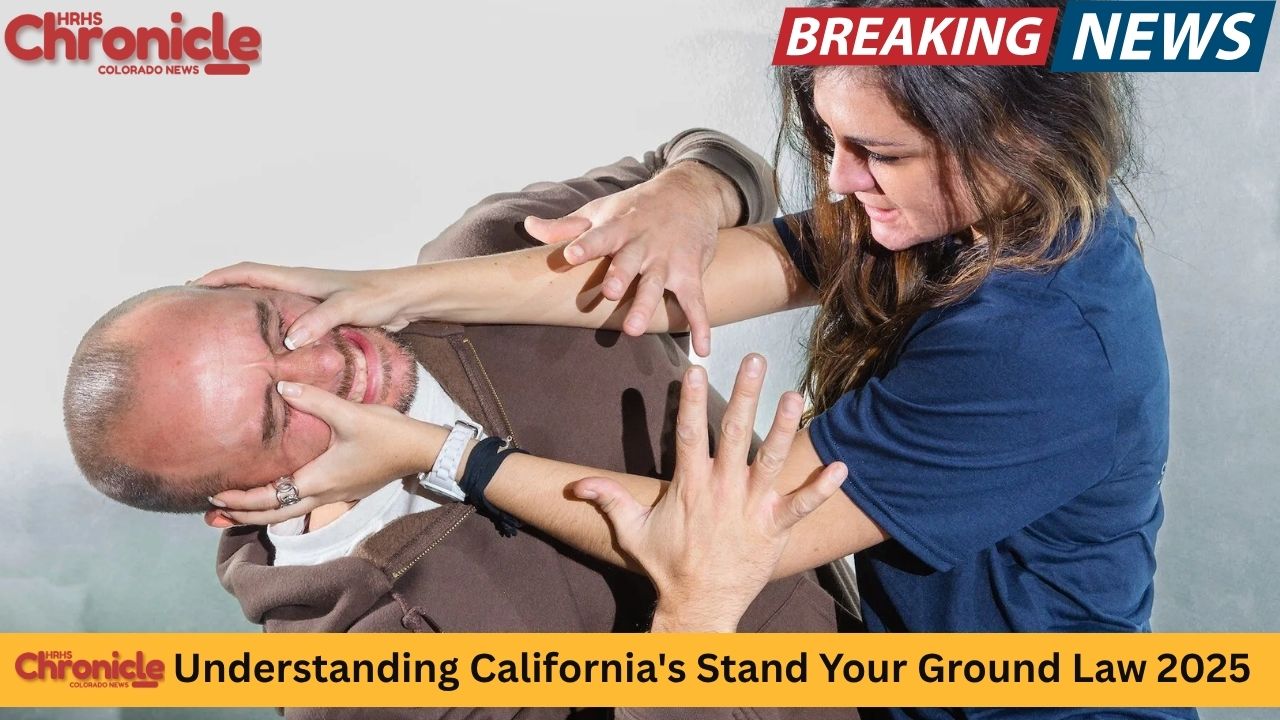In a show of unity, Colorado Governor Jared Polis joined 23 fellow Democratic governors in urging Congress to preserve funding for the Supplemental Nutrition Assistance Program (SNAP). Concerned about how funding cuts could affect individuals and families who depend on SNAP, Polis and the other governors are strongly opposing reductions to the essential program. Their joint stance comes as a growing number of Americans rely on federal assistance for necessities like food, according to the Colorado Governor’s Office.
Polis was joined by several state leaders, including Arizona Governor Katie Hobbs and California Governor Gavin Newsom, in signing a letter sent to Congress. The letter emphasized the vital role SNAP plays in fighting hunger, boosting public health, and helping people rise out of poverty.
Earlier, Polis organized a coalition backed by agricultural and anti-hunger advocacy groups to push back against proposed cuts. This alliance, formed last week, united organizations representing both hunger relief efforts and the interests of farmers and food suppliers in Colorado.
SNAP usage statistics in Colorado highlight the program’s significant impact. Reports show that nearly 617,000 residents receive SNAP benefits monthly, contributing around $120 million to some of the state’s most economically challenged areas. These figures take on greater meaning when considering that in 2024, nearly one million Coloradans relied on SNAP, including many children, seniors, and individuals with disabilities.
Supporters point out that SNAP’s benefits reach far beyond helping individuals—it also strengthens the local economy. The program supports more than $486 million in wages tied to thousands of jobs across Colorado. These roles cover the full spectrum of the food supply chain, from agricultural fields to grocery store shelves. Nearly 21,000 grocery retailers in Colorado accept SNAP, reinforcing its economic reach. Additionally, SNAP-related spending helps generate close to $70 million in state tax revenue, demonstrating its broader fiscal impact.
















Leave a Reply